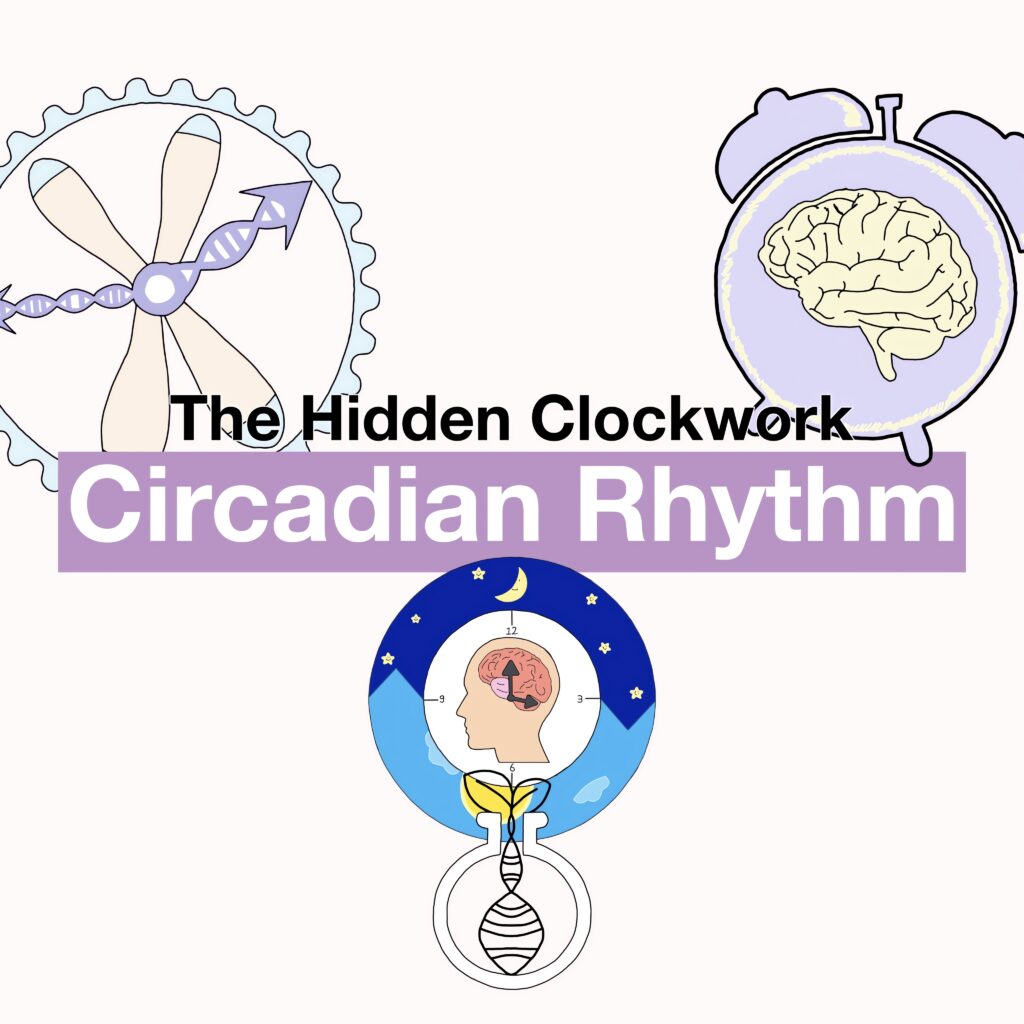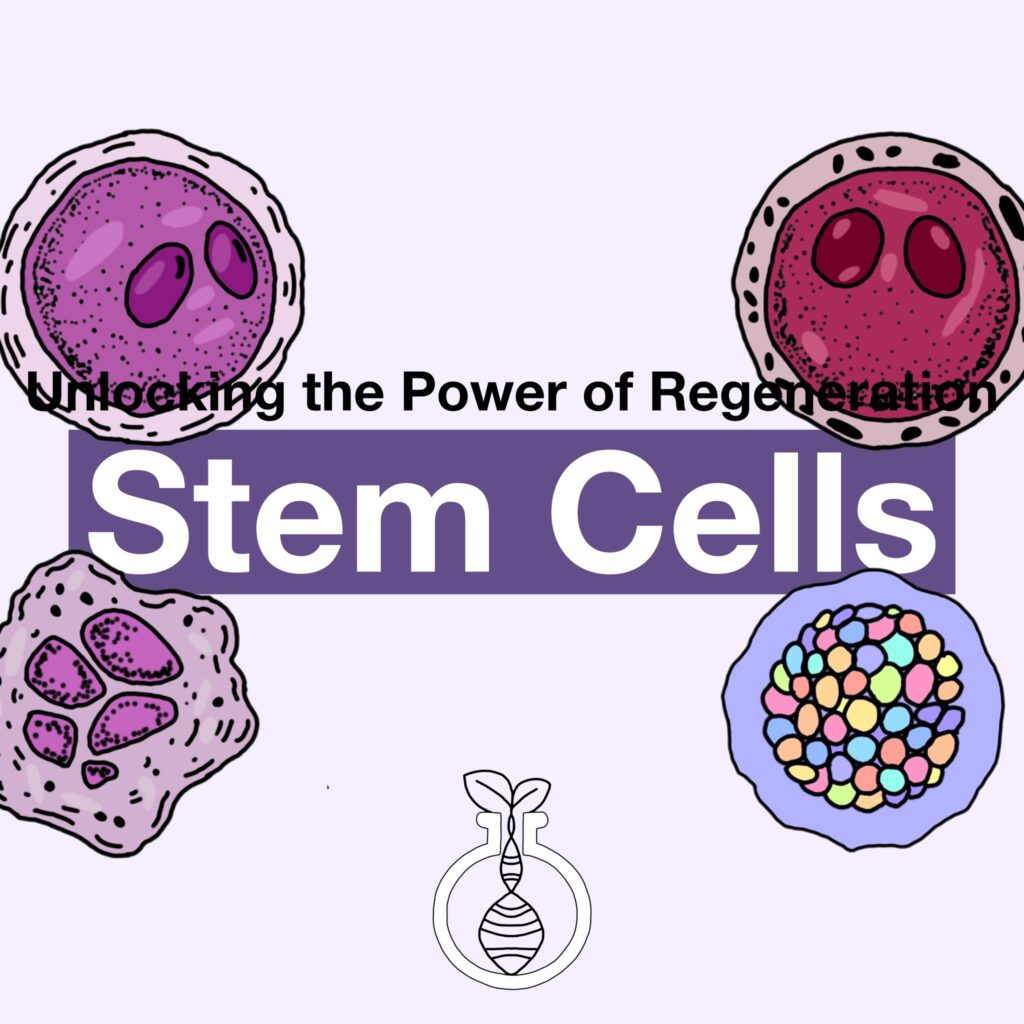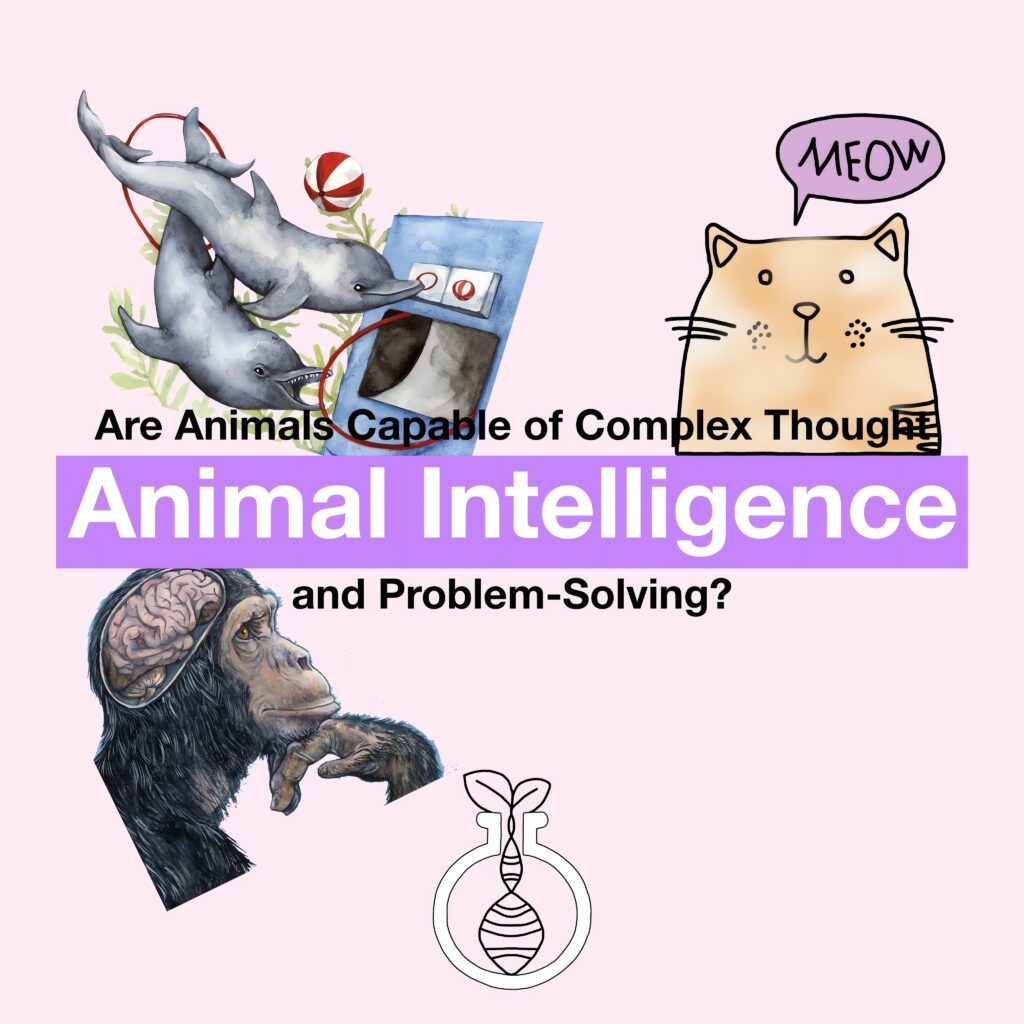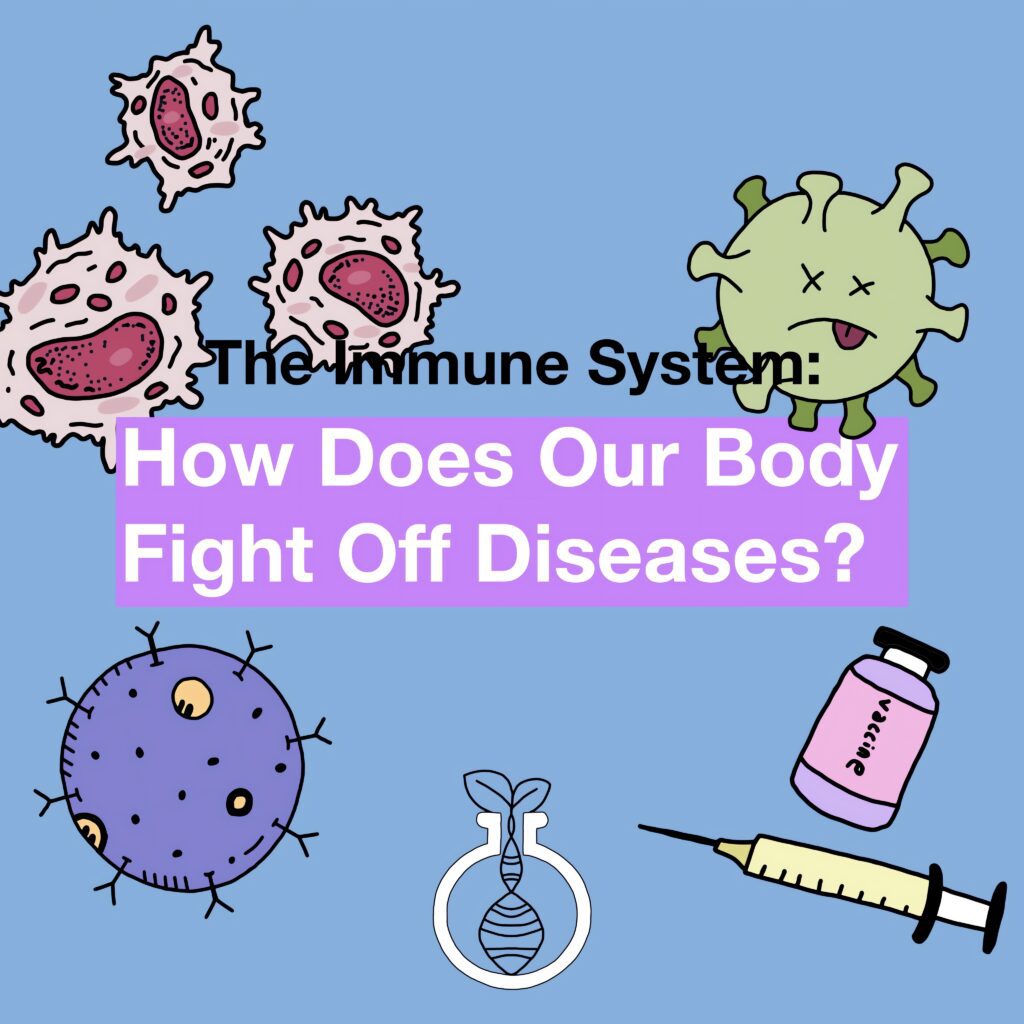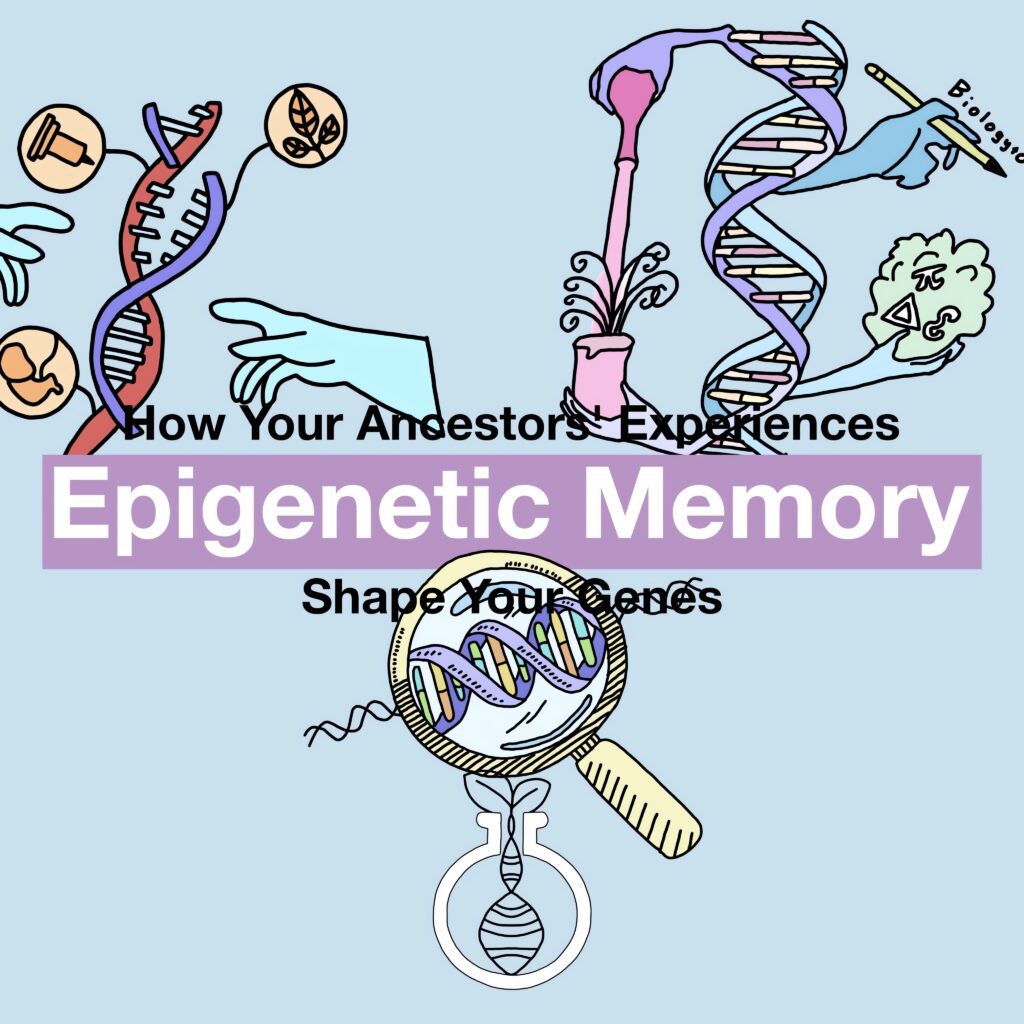Imagine your body as a finely tuned orchestra, each instrument perfectly aligned to play its part. Now imagine that at the center of this orchestra is a master conductor—a timekeeper that ensures harmony across all parts. This invisible yet powerful conductor is your circadian rhythm, a biological clock that ticks away inside every one of us.
But this is no ordinary clock. It doesn’t just measure time—it creates time for your body. Like the sun rising and setting, your circadian rhythm orchestrates the ebb and flow of energy, sleep, hunger, and even your mood. Let’s dive into the fascinating world of this inner clockwork and discover how it shapes our lives.
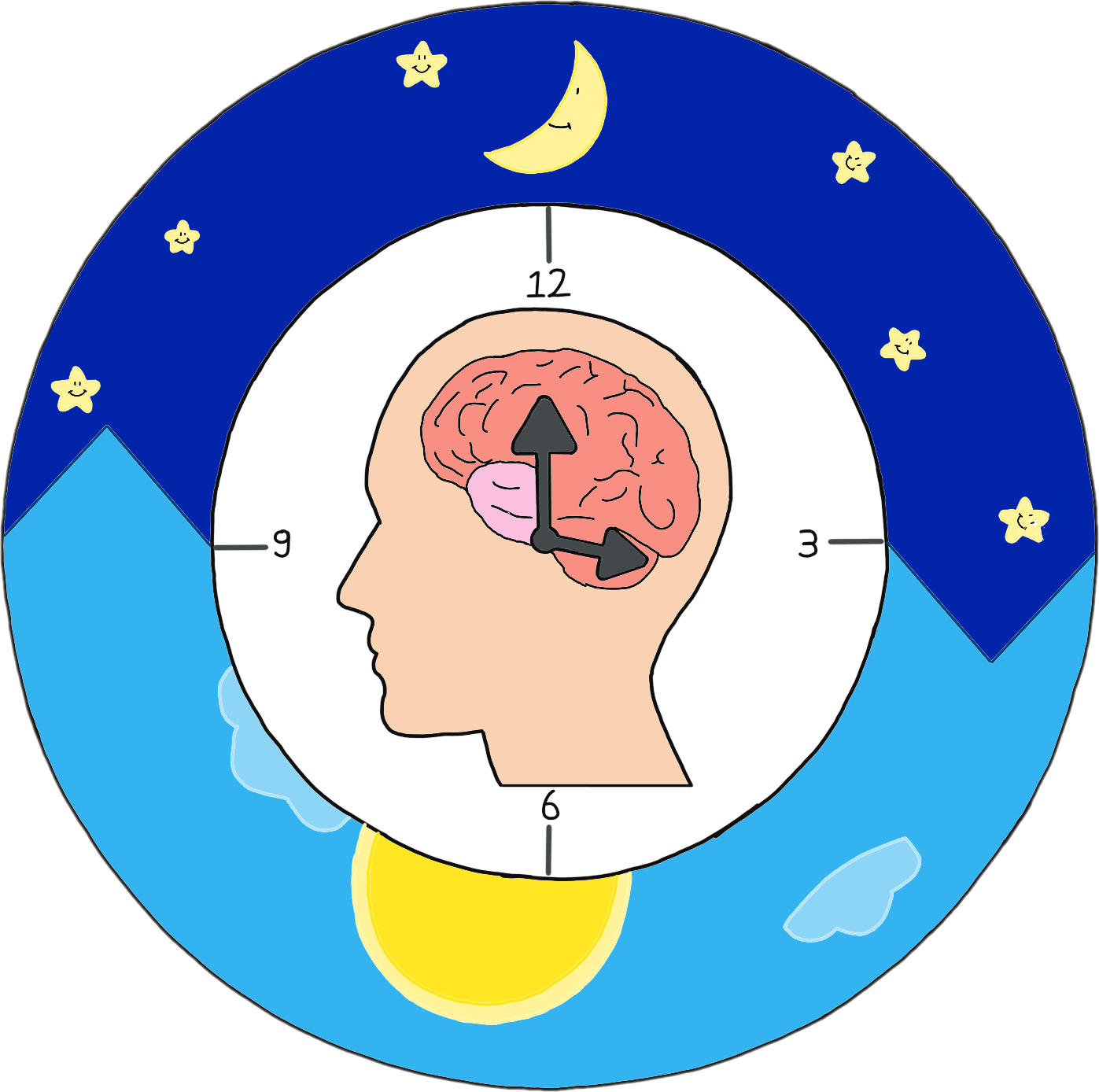

What Is the Circadian Rhythm?
Picture yourself waking up to sunlight streaming through your window. That golden light isn’t just brightening your day—it’s sending a wake-up call straight to your SCN. In response, the SCN signals your body to reduce melatonin, the hormone that makes you feel sleepy, and ramp up cortisol, which helps you feel alert.
As the day progresses and darkness falls, the cycle reverses. Your SCN detects the fading light and releases melatonin, nudging you toward sleep. This ebb and flow of hormones is the symphony of your circadian rhythm, working tirelessly to maintain balance.
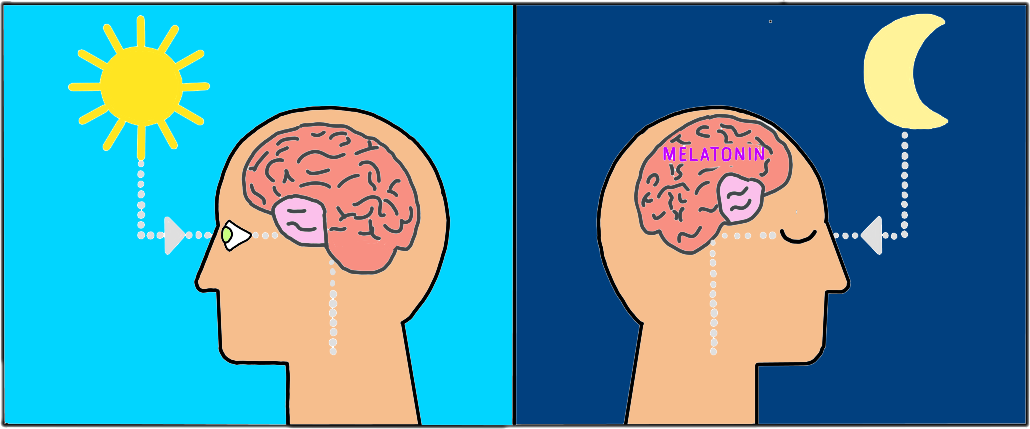

More Than Sleep: The Many Roles of Circadian Rhythms
While sleep often steals the spotlight, your circadian rhythm does much more than dictate bedtime. It influences nearly every physiological process in your body.
- Energy Levels: Ever wonder why you feel a slump in the afternoon? That’s your circadian rhythm taking a scheduled dip, encouraging rest after the day’s peak of activity.
- Hunger and Digestion: Your body knows when to eat, thanks to clock-regulated hormones like ghrelin (the hunger hormone) and insulin.
- Mental Performance: Cognitive functions like focus and creativity are also on a circadian schedule, peaking mid-morning and declining in the evening.
Disrupting these rhythms—think jet lag or pulling an all-nighter—can throw your entire system off balance, leading to fatigue, digestive issues, depression and even long-term health problems.
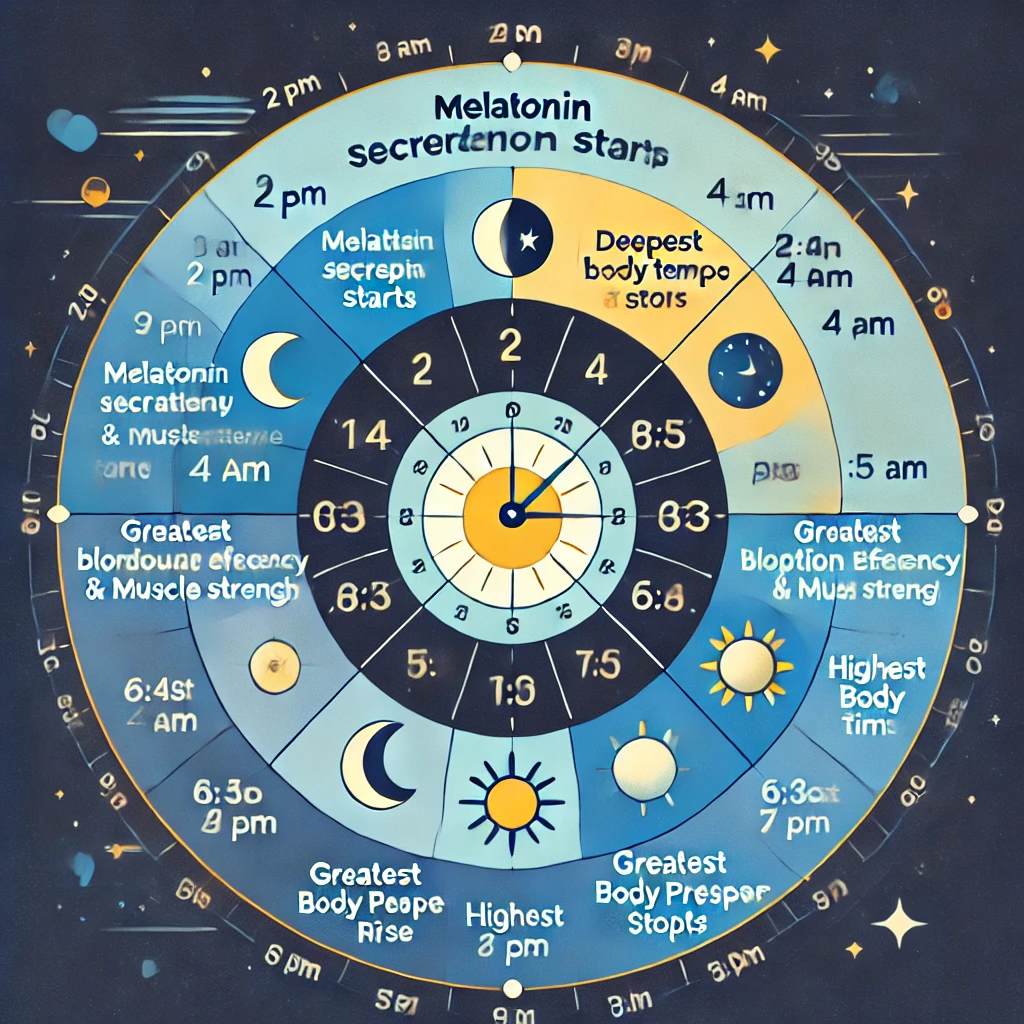

The Modern Struggle Against Nature
Our circadian rhythms evolved in sync with natural light and darkness, but modern life often challenges this ancient design. Artificial light, especially from screens, tricks our brains into thinking it’s still daytime, delaying melatonin release and messing with our sleep. Irregular meal times and late-night snacks can confuse your digestive clock. Even irregular work schedules or long flights can disrupt this delicate balance.
The result? A disoriented biological clock that leaves you feeling tired, unfocused, and moody—symptoms that seem small but can add up over time to impact health in significant ways.
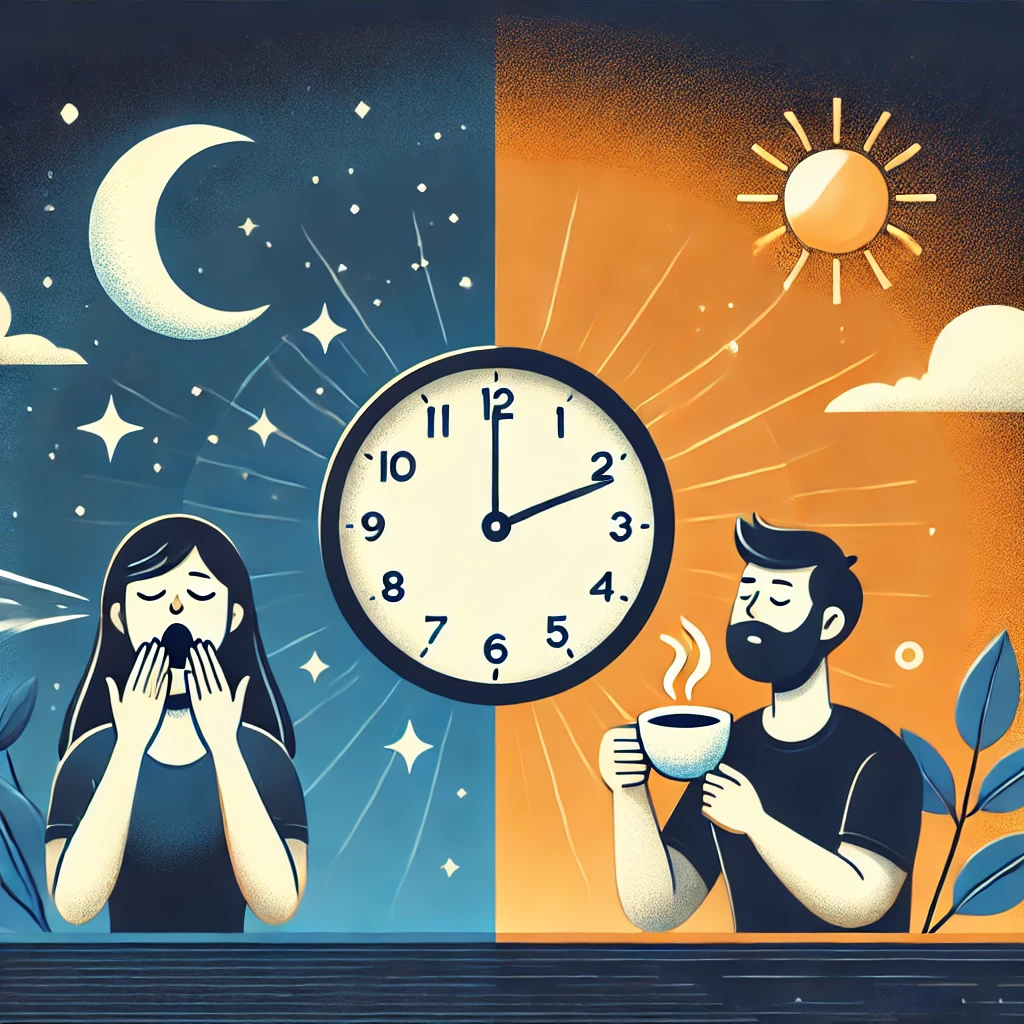

How to Keep Your Clock Ticking Smoothly
Restoring and maintaining your circadian rhythm isn’t just possible; it’s simpler than you might think. Here are some practical tips to align your internal clock with the world around you:
- Sunlight, First Thing: Expose yourself to natural light in the morning to reinforce your body’s wake-up signal.
- Consistent Sleep Schedule: Go to bed and wake up at the same time every day, even on weekends.
- Limit Evening Light: Reduce screen time and dim the lights as bedtime approaches.
- Time Your Meals: Eat your largest meals earlier in the day to support your body’s natural digestion rhythm.
- Stay Active: Exercise during daylight hours to boost energy and help regulate sleep patterns.
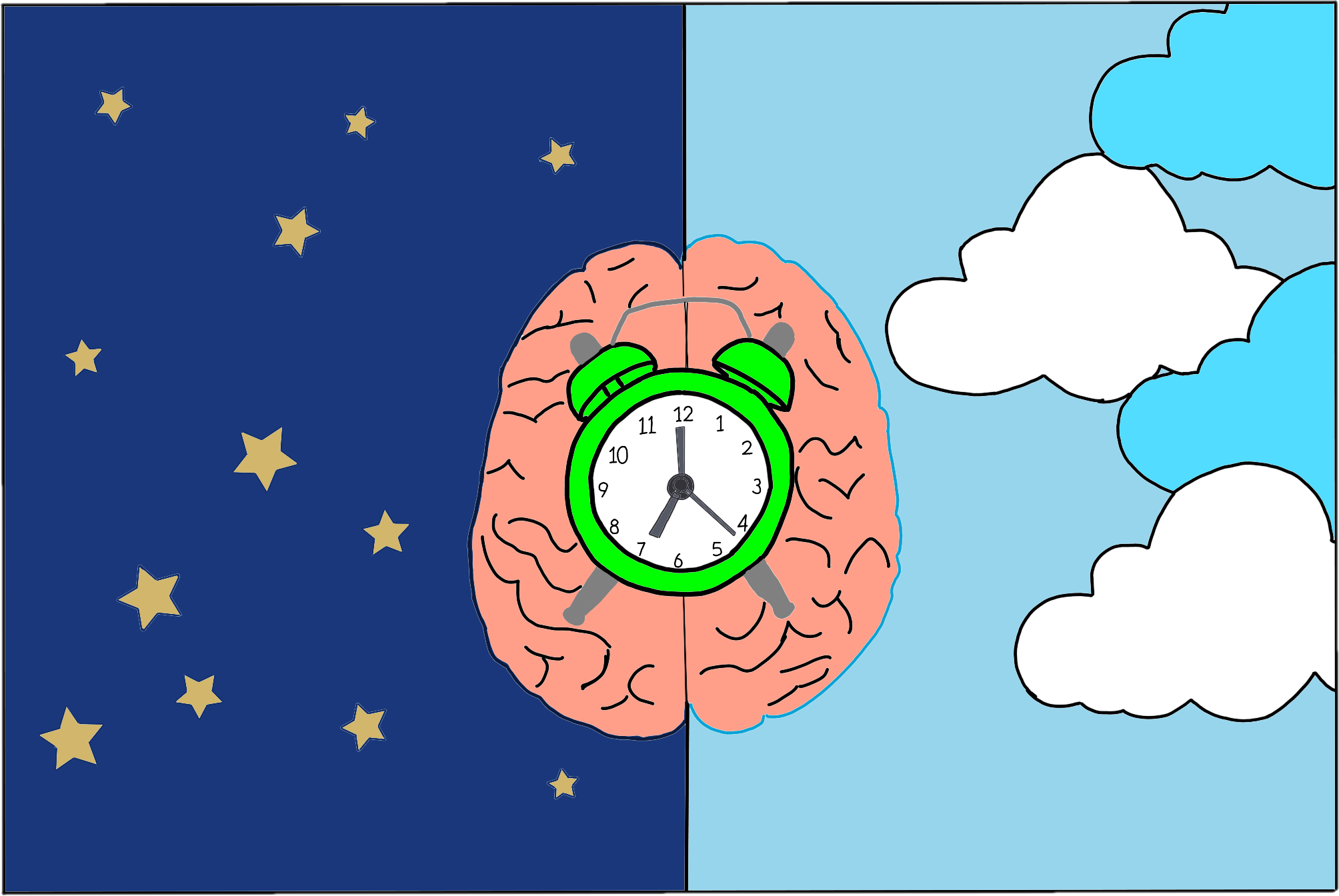

The Bigger Picture
Your circadian rhythm isn’t just a quirk of biology; it’s a profound connection to the rhythms of the Earth itself. When you tune in to this ancient clock, you’re not just improving your health—you’re harmonizing with the natural world.
We got inspired by those articles to create this content


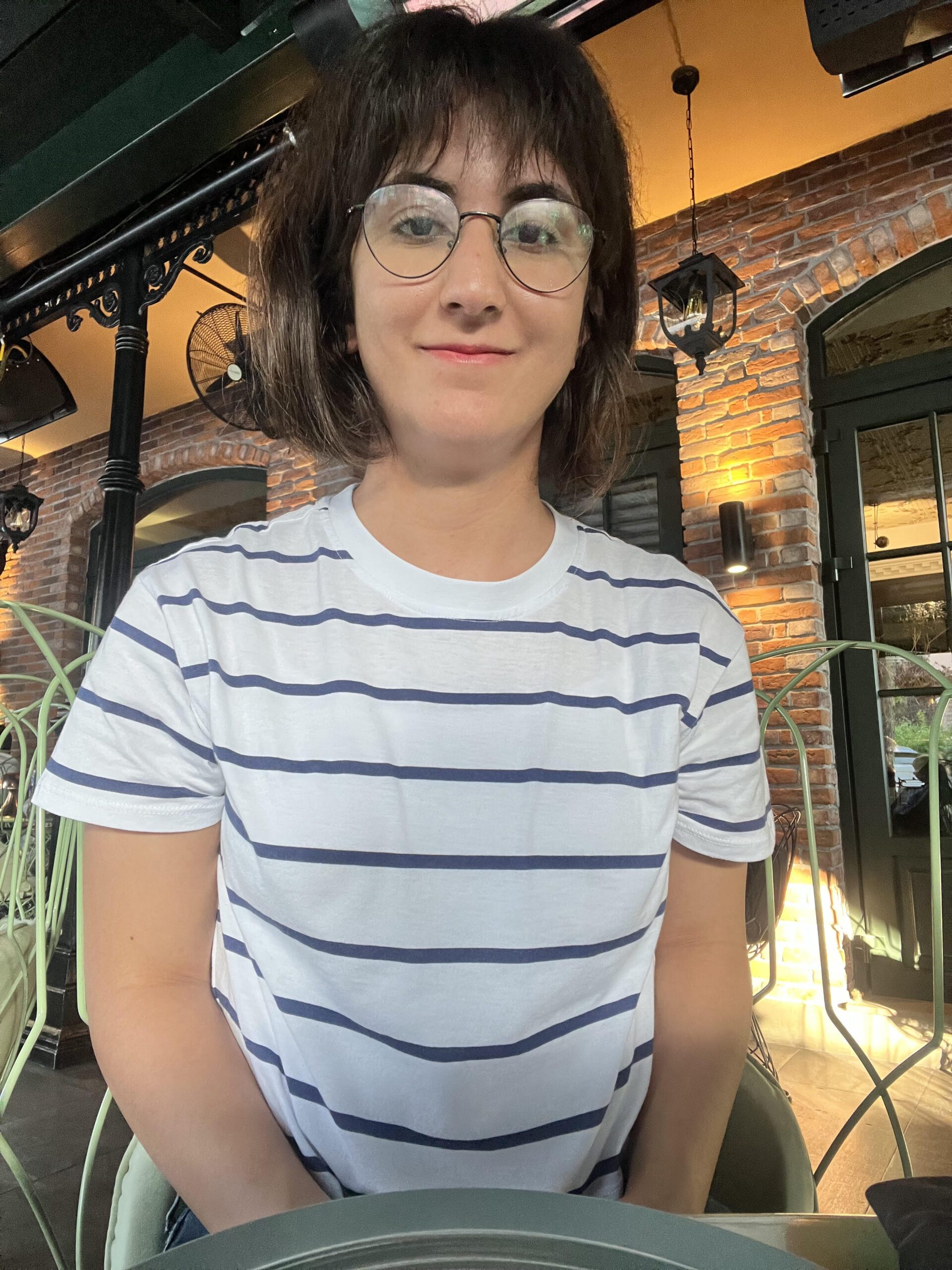

My name is Ceyda Çelik, I am a passionate molecular biology and genetics student at Başkent University and also content writer for Biologyto. With a deep interest in the natural world and scientific exploration, I aim to share engaging, informative content that makes biology accessible and exciting for everyone. I’m dedicated to helping readers discover the wonders of life through science.

